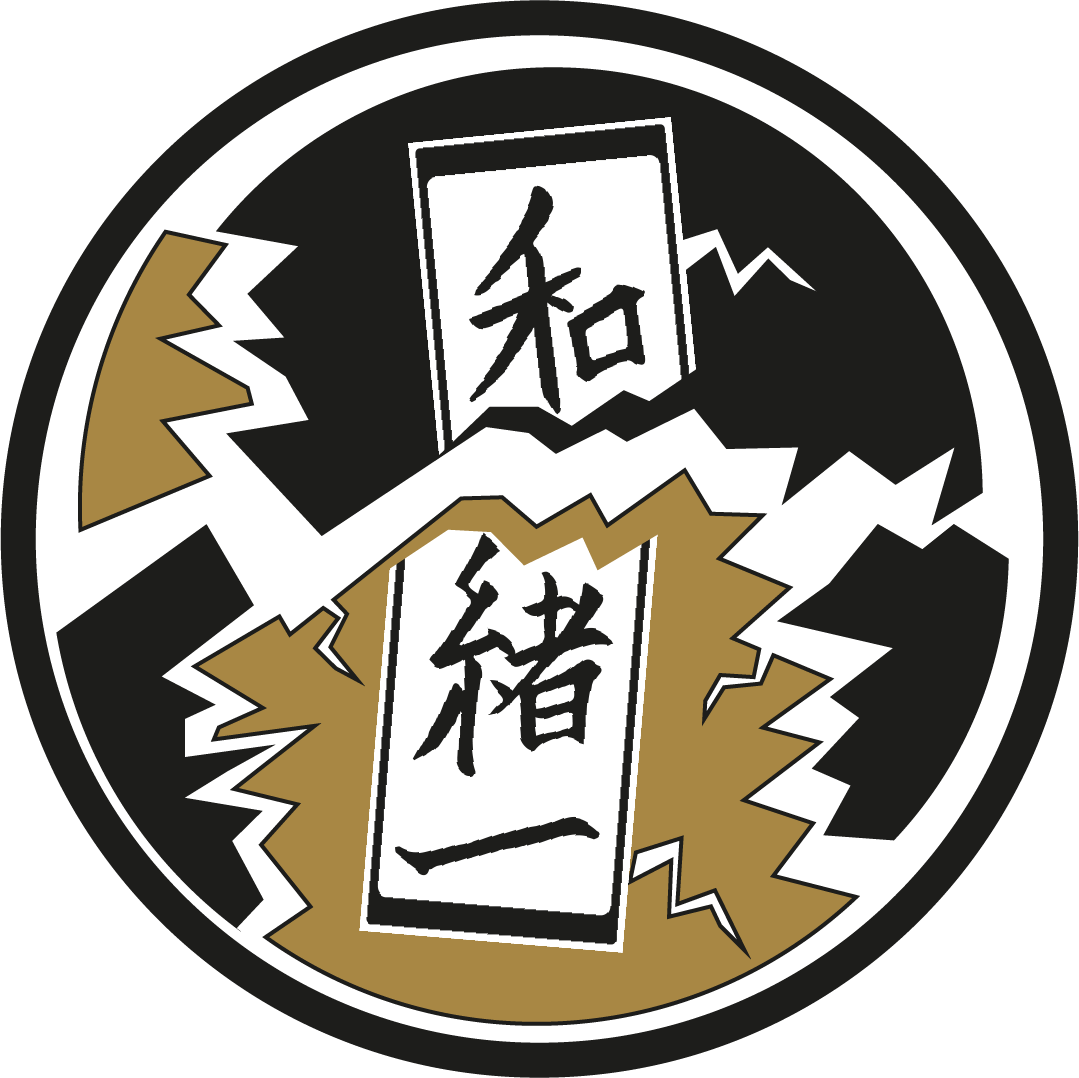Not All Meetings Are the Same
Japanese makes use of many homonyms – words that sound the same but mean something different and, interestingly, are also written with different kanji characters. Some of these words are extremely close in meaning. Today we take a look at the word au. If you are studying Japanese, you have probably learnt it during one of your first classes, found out that it means ‘to meet’ and is written with the kanji 会う. However, there are many other interesting variants.
While the kanji 会う is indeed applicable to most situations, in some specific conditions you can write the word au as 逢う instead. The conditions are that you are seeing one person and not a group, and the person is someone very special to you. You either feel for them deeply or it is a dramatic meeting that just screams ✨destiny✨. You might be meeting them on purpose, for example having an appointment with a close friend, or by chance, such as bumping into that cool boy (who, as you will soon find out, has just transferred to your class) when running late to school and turning at a corner.
When it comes to accidental events, you can also use the kanji 遭う, but only when you are unhappy about the meeting, e.g., you are throwing out the trash peacefully and suddenly happen upon that mean, nagging neighbour. This word can not only be used in relation to people but all unexpected negative experiences in general, too.
However, life can also be wonderful! So, for the positive happenings in life, you will need the kanji 遇う. It is used for sudden auspicious meetings and moments and is basically the antonym of 遭う.
Last but not least, take care not to mix up 会う (‘meet’) with 合う, which is also read au but means ‘to fit together/to unite’. It is used in the sense of ‘matching’ or ‘agreeing with’ rather than for physical reunions.
There is no doubt that the kanji system is a huge challenge for all who learn Japanese, but it also makes it possible to express so many additional feelings in writing. Hopefully such titbits of kanji knowledge make studying them that much more worthwhile for you!
Written by AL

